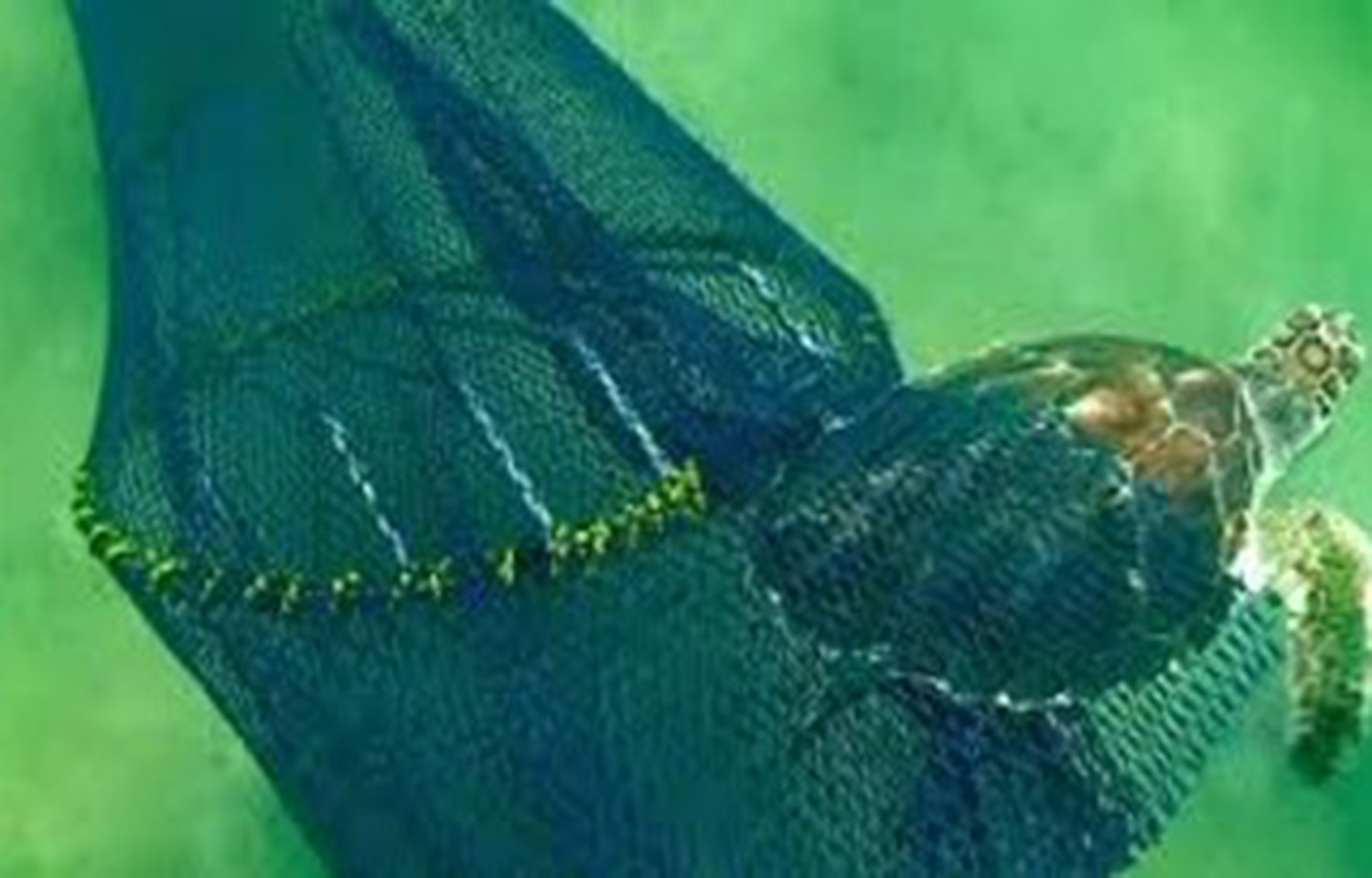The costs of the ongoing U.S. ban on wild-caught shrimp from India continue to mount and are now estimated at around USD 500 million (EUR 452 milion).
The U.S., the top of buyer of Indian shrimp, banned imports of wild-caught shrimp from India in 2019 because they are often caught without the use of turtle excluder devices, though India claims endangered turtles are typically not found in the areas where the country's shrimp is caught, along India’s west coast.
Since the ban came into effect, India has lost out on USD 500 million in sales of wild-caught shrimp to the U.S., according to a report issued by India’s Marine Products Export Development Authority (MPEDA).
MPEDA has led an effort to encourage India's regional administrators to adopt turtle excluder devices under reforms made to the Marine Fishing Act, as the country’s fisheries sector is managed at the state level. Additionally, India’s Central Marine Fisheries Research Institute (CMFRI) initiated a three-year research project in 2020 on marine mammals and sea turtles with the goal of obtaining more scientific data on turtle populations in India.
The Indian government is also encouraging the adoption of a new turtle excluder device design approved by the U.S. National Oceanic and Atmospheric Administration. It is currently training regional officials to demonstrate installation and use of the devices to local fishermen.
“Field demonstrations are underway in all maritime states to create awareness among stakeholders on the importance of usage of turtle excluder devices,” the Seafood Exporters Association of India (SEAI) said in a press release.
India’s government is also working to develop a regulatory program for the conservation of marine mammals including whales, dolphins, porpoises, and dugong to ensure compliance with the U.S. Marine Mammal Protection Act.
“In this case, the bycatch of marine mammals in fishing operations should be reduced by India, failing which the export of all wild-caught items to the U.S. will be affected,” the association said.
The report was presented at a global forum held in late August in Chennai, India, focused on the conservation of marine mammals and sea turtles. It found India had met bycatch limits set by the U.S. for 22 marine mammal species, following a study to document compliance with a U.S.-mandated comparability finding application, which is required for all seafood products exported to the U.S.
The Seafood Exporters Association of India said a proposal was discussed at the forum that would establish a network of research organizations and management institutions across Asia, “aiming to strengthen the conservation of marine mammals and turtles while supporting sustainable fisheries.”
“The global forum stressed the need for regional collaboration, potentially led by India, to enhance research and conservation efforts,” SEAI said.
A separate stakeholder meeting for members of India’s seafood industry, hosted by SEAI in association with the World Wildlife Fund India, reviewed progress on the process for obtaining Marine Stewardship Council (MSC) certification for 10 Indian fisheries, including deep-sea shrimp, coastal shrimp, and cephalopods. A fishery improvement project (FIP) was created in 2019, with the goal of obtaining MSC certification for 10 prioritized fisheries by 2025.
Currently, India’s only MSC-certified fishery is for short-neck clam (Paphia malabarica) in Kerala’s Ashtamudi Lake.
“The MSC certification is a globally recognized standard that guarantees seafood products come from well-managed fisheries,” SEAI Kochi Ocean Committee Chair A J Tharakan said.








